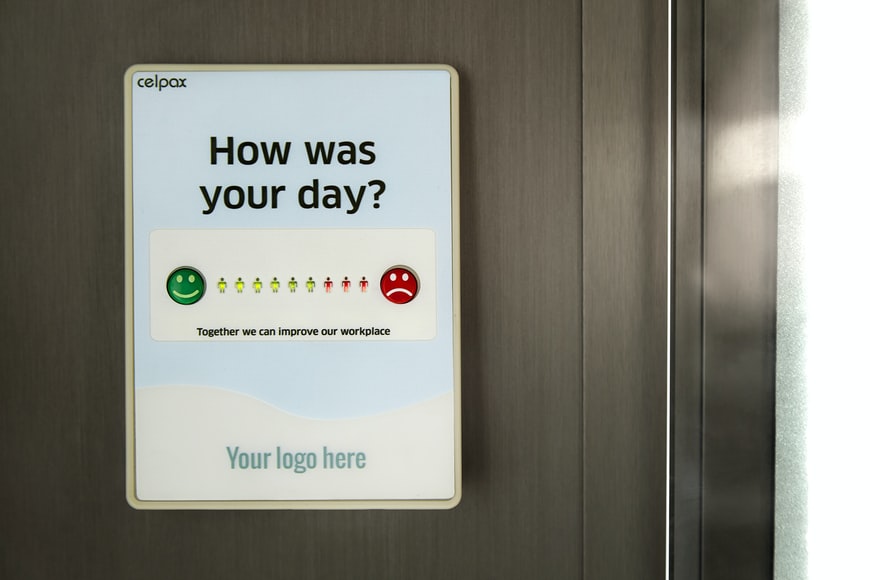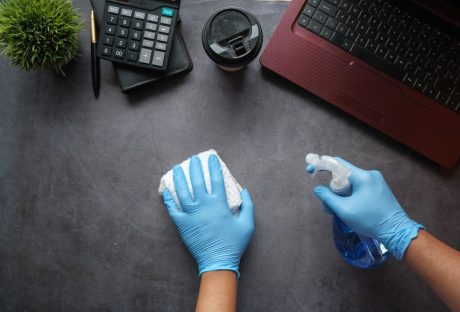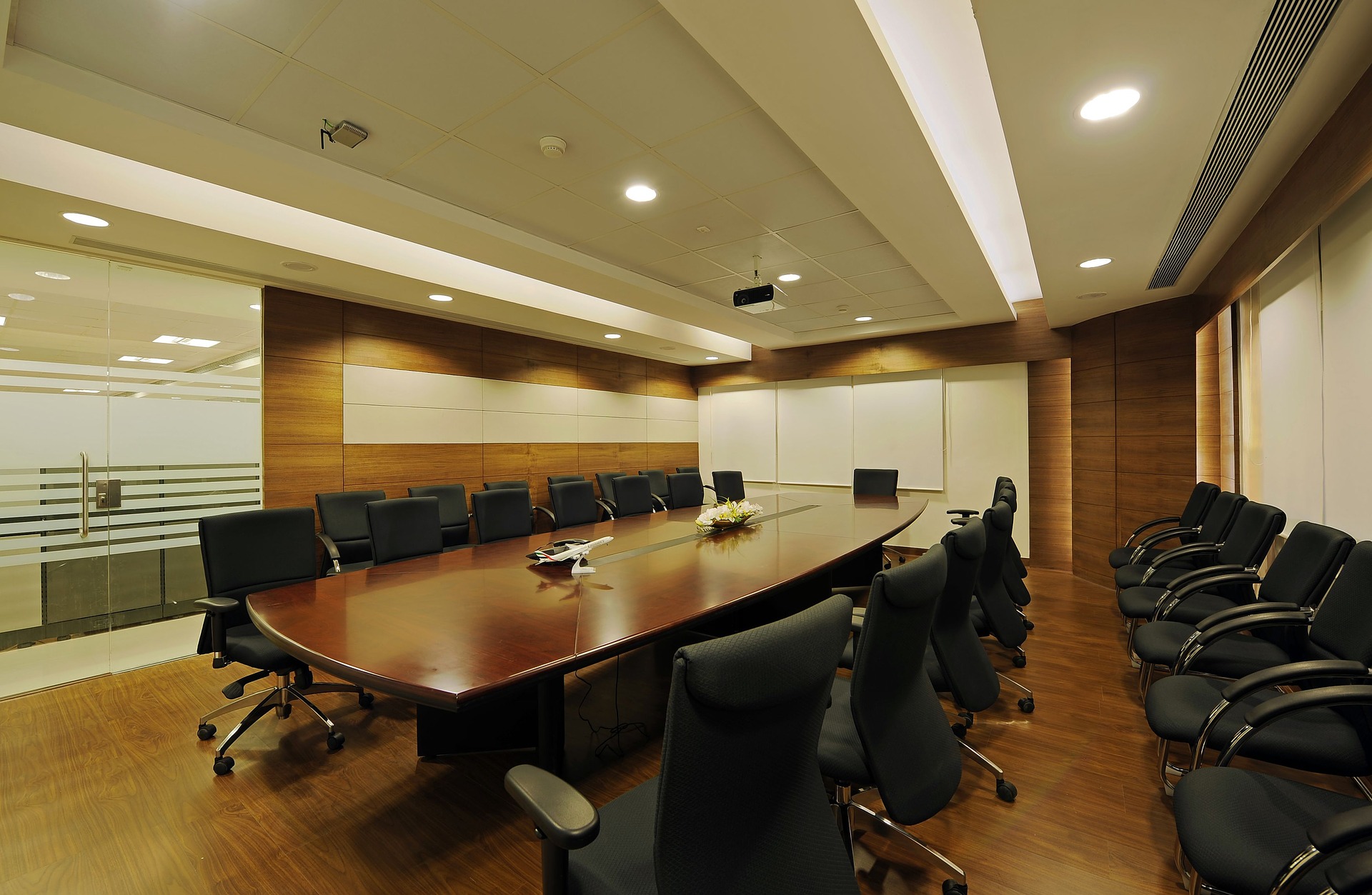A Project manager is a person who plays a major role in planning, executing, controlling, monitoring, and closing out projects. They are responsible for leading and managing the project with the project team on a day-to-day basis.
Companies in healthcare, software development, education, insurance, finance, marketing, real estate, and many more need project managers. Every business needs a project manager that has a PMP Certification. A person who will have a combination of skills to detect unstated assumptions, resolve conflicts to make a project successful.
Leadership
Without a project manager, a team can be like a ship without a rudder, moving without any direction and purpose. Leadership makes team members bring out their best work. The project manager provides leadership, motivation and inspires the team to put out their best work.
The project manager serves as the line of accountability of the team and the project. With the project manager, there will be no conflict between who’s in charge and control of the work. They keep everyone in a direction and ultimately carry responsibility if the project fails or succeeds.
Better business decisions
With the presence of a project manager, they will be a person that will keep a clear record of the progress of the project. They have that deeper understanding of where to spend the resources, what needs to focus on, and when. A good project manager forecasts issues before they become issues. make smarter and data-driven decisions.
Quality assurance
There’s always enormous pressure to complete the project on time. Where deadlines get missed, the schedule gets tight, workload increases. All this results in poor quality work. The project manager is the one who makes sure that everything is in control and there’s no unnecessary last moment rush.
A good project manager manages the time in a way that gives control over the timelines and resources. Methodologies like Agile separate phases for examining and testing by ensuring the quality of the product.
Project success
The project manager helps to scale high performance and build on the team’s best practices. By using the learnings and experience from previous projects, they will pinpoint where the team is lacking and excelling.
Clear strategy and objectives
The project manager ensures that there’s a proper plan for executing strategic goals. Without a project manager, the team will not have proper briefs and a Project management methodology. You can achieve a project management methodology with Project Management Professional Training.
Project managers position themselves where they break up a project into tasks for the team. This makes sure to prevent any situation where they are not able to do the tasks. They organize a weekly or lunch or happy hour to keep them productive and happy.
Risk management
The project manager ensures that any risks are properly managed and works on them to avoid becoming issues. Risk management is critical to project success. Especially in complex projects, the value of project management comes into play in dealing with the risk without any hustle.
A project manager carefully analyzes all the potential risks, evaluates them, and reduces them eventually. It needs to know the right questions to raise to discover risks early.
Schematic process
The project manager ensures the right person to do the right things, at the right time. They ensure proper project management. A project manager with PMP certification will know proper planning and process can make a big difference by knowing the team’s strengths and weaknesses. The proper process helps to clarify roles, inputs, expect risks and align project continuity.
Without a project manager’s organized process, companies risk project failure, weakening of business relationships. Project managers turn to timesheets to remain on track.
Budgeting
For small-scale projects, cost estimation is necessary. Cost estimation maybe a weekly or even monthly task. It is the role of the project manager to make sure to raise the budget, resource allocation, scope, and other miscellaneous issues.
Customer satisfaction
Retaining clients is more important than getting new ones. a guaranteed way of doing it by offering good services. A project manager focuses on quality and efficiency which would leave the clients satisfied. This means more business in the future from the client.
Communication with clients or stakeholders can take many forms, weekly or monthly reports, regular updates, emails, calls, or meetings. A satisfied client refers the organization to other potential businessmen. Free marketing!
Conclusion
A project manager creates and makes the team happy and motivated. A project manager must have the necessary skills to execute tasks. Without a project manager, the team and client will be exposed to a chaotic environment, unclear objectives, and failure of the project.
Read Also:

























